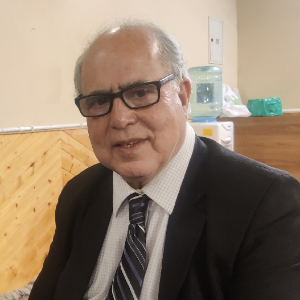Translational and Experimental Ophthalmology
Translational and experimental ophthalmology bridges the gap between laboratory research and clinical practice, turning scientific discoveries into practical treatments. By focusing on innovative research, this field seeks to translate basic science into real-world applications, offering new treatments for ocular diseases such as retinal degeneration, corneal disorders, and optic neuropathies. Advances in gene therapy, stem cell research, and novel drug delivery systems are among the key areas driving progress. This research is crucial for improving treatments for conditions like age-related macular degeneration, where conventional therapies often fall short. Translational efforts are not only focused on developing new therapies but also on optimizing current treatment protocols to improve patient outcomes. The ultimate goal is to improve patient care by integrating cutting-edge scientific findings into clinical practice, offering hope for individuals with conditions that were once considered untreatable.

Tim Jackson
King’s College London, United Kingdom
Shadrokh Nabili
University Hospitals of Morecambe Bay NHS Foundation Trust, United Kingdom
Anna Maria Bassi
University of Genoa, Italy
Pio Conti
University of Chieti, Italy
Gowhar Ahmad
Florence Hospital Srinagar, India
Hyungju Park
Gangnam Tokyo Eye Clinic, Korea, Republic of




Title : Rare and interesting case of Goldenhar’s syndrome in a 3 years old male child
Gowhar Ahmad, Florence Hospital Srinagar, India
Title : Management of common vitreoretinal lesions: An overview and update
Tim Jackson, King’s College London, United Kingdom
Title : Optimizing astigmatism management in refractive cataract surgery
Shadrokh Nabili, University Hospitals of Morecambe Bay NHS Foundation Trust, United Kingdom
Title : Comparative outcomes of a newly modified trabeculectomy versus conventional trabeculectomy
Hyungju Park, Gangnam Tokyo Eye Clinic, Korea, Republic of
Title : Lumevoq gene therapy in leber hereditary optic neuropathy
Magali Taiel, GenSight Biologics, France
Title : Intra orbital wooden foreign bodies: A retrospective study of 30 cases
Chandana Chakraborti, Regional Institute of Ophthalmology, Medical College & Hospital, India